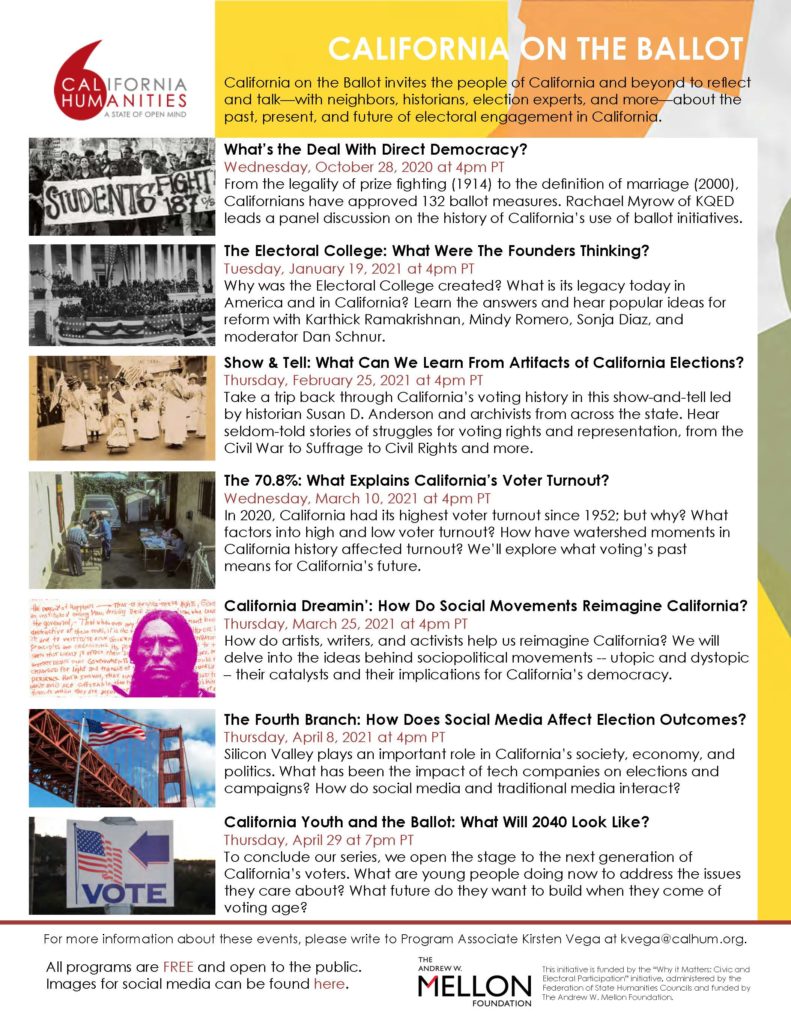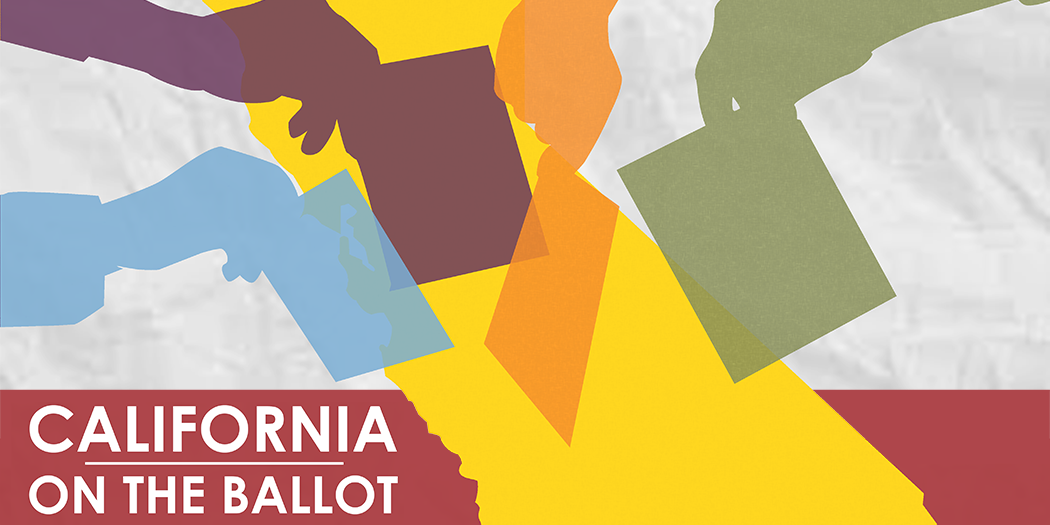
About California on the Ballot
In the political experiment that is the American republic, California may be the most visible laboratory. Our state’s variety of cultures, languages, and opinions yields a nearly infinite variety of possibilities for civic engagement. From writing poetry to running for office, from voter drives to direct actions, residents of the Golden State constantly seek new opportunities to forge a more just society—and will continue to do so as our electorate continues to diversify in the future.
“The ‘California Dream’ is capacious,” Dr. William Deverell observed during California Dreamin’. “It can absorb hopes and wishes beyond the conventional Gold Rush dreaming that we tend to caricature. [It] can mean a lot of different things to a lot of different people.”
Through California on the Ballot, a series of virtual events, we reflect on what civic engagement currently looks like in California, examine its roots, and ask what changes might soon be in store. In 12 statewide programs since the elections of 2020, we have heard the perspectives of historians, artists, journalists, civil servants, and archivists through panel discussions, interviews, displays of historical artifacts, film clips, and Q&A sessions with viewers.
California on the Ballot is made possible by funding from the National Endowment for the Humanities as part of their A More Perfect Union initiative and was launched with funding from the Why it Matters: Civic and Electoral Participation initiative, administered by the Federation of State Humanities Councils and funded by the Andrew W. Mellon Foundation.
California on the Ballot Season 2
(October 2021 to September 2022)
California on the Ballot S2 Executive Summary
California on the Ballot S2 White Paper
Resources for Further Engagement
California on the Ballot Season 1
(October 2020 to April 2021)
California on the Ballot Executive Summary Report
California on the Ballot White Paper
Resources for Further Engagement
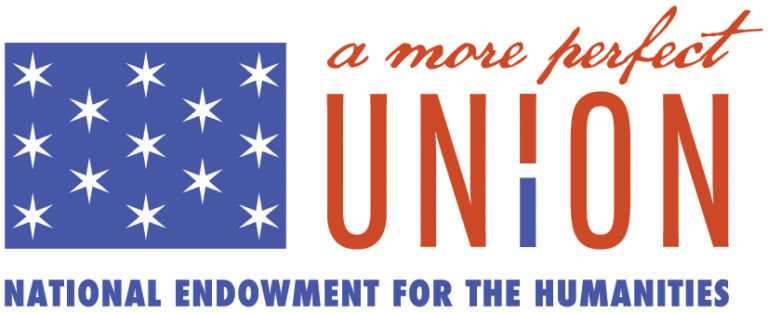
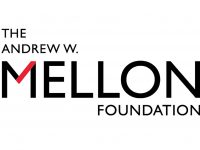
California on the Ballot Experiences
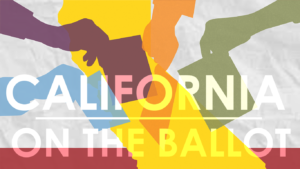
California on the Ballot: Season Two Highlights
The newest installment of our California on the Ballot series sought to explore persistent demographic gaps at the polls, as well as other imbalances in our state’s electoral processes.
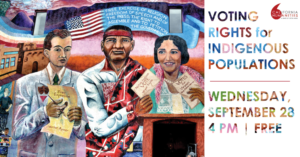
Voting Rights for Indigenous Populations
Despite rights granted by the Indian Citizenship Act of 1924, many native people remain excluded from democratic processes. We explore the barriers facing native voters and seekers of public office.
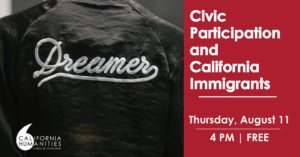
Civic Participation and California Immigrants
We discuss the state of civic power for immigrants and DACA status holders in California – electoral and beyond – from California’s founding to current day. What role might California’s immigrant communities might play in the future of citizenship?
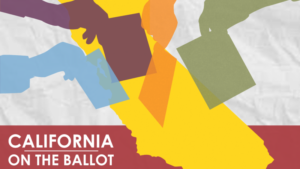
Voting Rights for Incarcerated Californians
In November 2020, California voted to refranchise 50,000 parolees under Prop 17, sparking a broader conversation about voting rights for incarcerated and formerly incarcerated citizens. How has this question been discussed throughout state history?
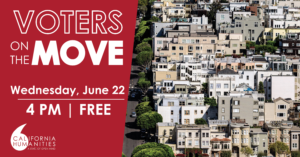
Voters on the Move
Learn about the work of California’s Citizens Redistricting Commission in this discussion of our state’s evolving electoral map.
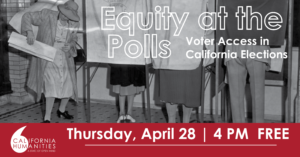
Equity at the Polls: Voter Access in California Elections
Since 1960, California has greatly improved its voter registration process. Ballots are now mail-in, multilingual, and registration is available up to election day. Why then do California elections not fully reflect the diversity of the state? What tactics can increase – and sustain – voter engagement?

